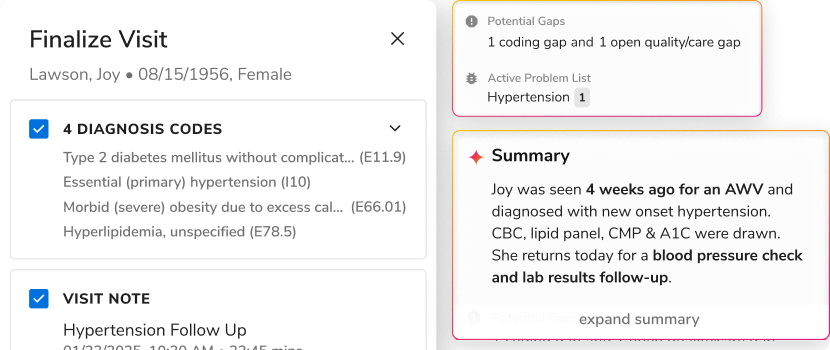Improving Care and Reducing Expenditure in Healthcare with Direct Contracting

The healthcare industry is witnessing a paradigm shift. Value-based care is becoming more commonplace over the traditional fee-for-service (FFS) model. Healthcare providers are the primary stakeholders in value-based care, and thus responsible for making pivotal changes in care delivery to enable value-based contracting. According to Deloitte research, between 2014 and 2020, there was a 19% increase in the proportion of providers who say they have a prominent role in limiting the use of unnecessary treatments and tests.
The Centers for Medicare & Medicaid Services (CMS) launched the Direct Contracting Model (DC) on similar grounds. This voluntary payment model is designed to revolutionize healthcare by paying providers for outcomes rather than services and encourage them to shift from FFS to value-based payments. The model aims to improve health outcomes and curtail healthcare costs for Medicare beneficiaries in several regions across the United States. Direct Contracting is a five-year Medicare accountable care organization (ACO) model aimed at larger organizations to transform primary care by reducing administrative burden through partially or fully capitated payments for relevant Medicare Part A and Part B services.
Payment Model Options
CMS has released two voluntary risk-sharing payment model options:
- The Professional option is a lower-risk payment model option, with:
- 50% shared savings/shared losses with CMS
- Primary care capitation for enhanced primary care services
- Global offers the highest risk-sharing arrangement, with 100% shared savings/losses with CMS. It provides two payment options:
- Primary Care Capitation
- Total Care Capitation
A primary aspect of Direct Contracting is offering new opportunities for Direct Contracting Entities (DCEs) to participate in value-based care arrangements in Medicare FFS. The Direct Contracting Entity, an ACO-like organization that consists of healthcare providers and suppliers, and operates under a standard legal structure, is expected to enhance beneficiaries’ access to cutting-edge, affordable care, beneficiary engagement initiatives while maintaining all the Medicare benefits.
Benefits of the Direct Contracting Model
The Direct Contracting Model awards benefits such as the transformation of risk-sharing arrangements in Medicare FFS, promotes participation in the CMMI models, allows beneficiaries to engage in care delivery, and reduces pressure on providers to effectively meet healthcare needs. The payment model options signify voluntary alignment, empowering beneficiaries by giving them time with their provider, maintaining member provider choice, and, ideally, improving their care experience and reducing surprises regarding healthcare costs.
The payment model options available under Direct Contracting are expected to improve quality of care and health outcomes and reduce expenditures for Medicare beneficiaries, including patients with complex, chronic conditions and seriously ill populations. Furthermore, CMS will link a percentage of the standard of performance on quality of care while ensuring that beneficiaries’ access to care remains intact. The new payment model options will offer an opportunity to explore new approaches to regulate FFS expenditures.
The payment model options also aim to widen participation in CMS Innovation Center models by enabling participation by organizations new to Medicare FFS, like provider-managed organizations that exclusively function in the Medicare Advantage program and Medicaid MCOs that offer Medicaid benefits for dually eligible beneficiaries.
Conclusion
As the healthcare industry transitions from volume to value, models supporting direct contracting offer innovative opportunities for the beneficiaries, employers, and healthcare providers to work together to achieve optimum care quality. Accordingly, both payers and providers should be equipped to scrutinize and resolve various issues that may propel the success or failure of the model. Innovaccer’s Data Activation Platform can help participant organizations effectively manage their patients within the Direct Contracting Model by performing initial diagnosis to assess readiness for the model and provide the technology and platform to succeed in it.
Find out more about our FHIR-Enabled Data Activation Platform and get a demo.
.png)





.png)









.svg)
.svg)

.svg)

